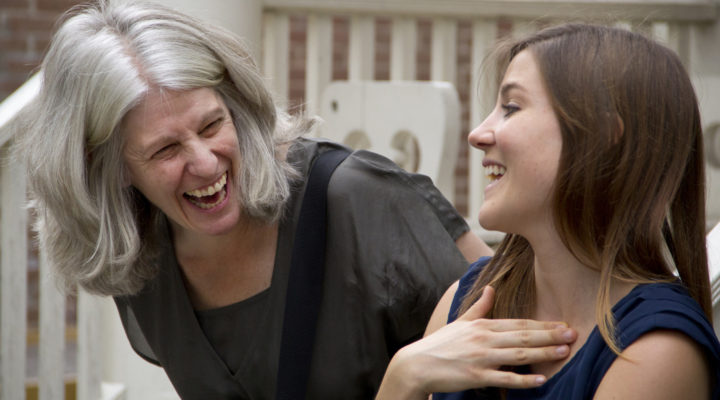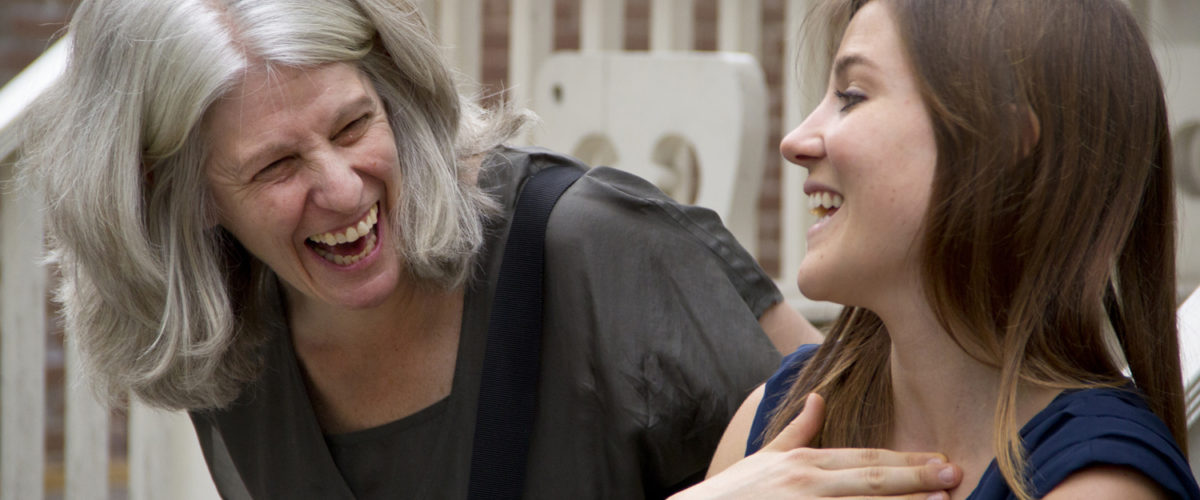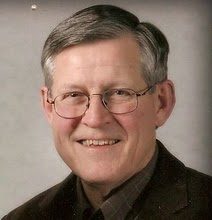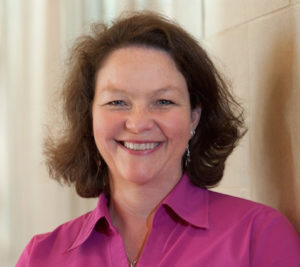The concept behind personal coaching is that the client is the expert on his or her own situation while the coach guides the process of change.
Coaching also assumes the individual either has the resources, or knows how to get them, to effect that change. Clients also know that they generally sabotage their own improvement.
“And all of that is true for congregations,” says Ircel Harrison, a practitioner of individual coaching and a church coaching coordinator for Pinnacle Leadership Associates.
Connecting those dots between personal coaching and congregational consulting led Harrison and Beth Kennett to lead a workshop on congregational change during the Cooperative Baptist Fellowship’s General Assembly in June.
Kennett is a United Church of Christ minister who oversees the professional coaching process the CBF offers participants in its Fellows program. She also consults with churches as network coordinator for the Center for Congregational Health.
She has mentored Harrison through his process of becoming a personal coach, and the two of them are part of a team studying ways to expand the coaching process for individuals in the CBF.
No magical answers
Kennett said the experience of guiding churches through challenges and change feels a lot like helping individuals through the same process.
Coaching individuals, she said, is an opportunity to help them recognize their strongest qualities and to understand that change is an inside job.
“They are doing the work and I get to be part of that,” she said.
In the work she and other coaches do through the CBF Fellows program, it’s even more powerful because those young ministers are being guided to tap into the callings that got them into ministry, Kennett said.
“It helps them to be more in touch with who they authentically are and helps them to deal with situations that may come up for them as leaders in their congregations and their communities.”
Occasionally, however, there is pushback against change.
“Sometimes people come to coaching thinking they are going to find a magical answer and get frustrated or disappointed when they find the answer is within them,” she said.
‘Who God is calling them to be’
That resistance is one of the biggest parallels with congregational consulting, Harrison said.
His experience with churches afraid of change has helped him through difficulties with fearful individuals, he said.
As a result, he uses similar approaches in dealing with both.
“In my consulting, usually with smaller congregations, I ask myself how I can ask more effective questions to help them face opportunities in their communities and possibly change,” Harrison said. “When I do written reports, they offer questions rather than recommendations.”
Those questions push churches to consider how serious they are about developing new ministries if they are willing to commit to necessary changes and to work to implement solutions they identify for themselves.

Ministers who work as both congregational consultants and personal coaches say the two processes are strikingly similar, since the churches and individuals being guided are seeking to face challenges and find ways to change. (Photo/Andreas Bloch/Creative Commons)
The congregational coaching process also guides leadership and lay people to find within their ranks the assets and solutions they previously believed would come from outside, he said.
“Congregations have a lot more resources within their ranks than they realize.”
In both the individual and congregational situations, Kennett said, getting past those hurdles means learning how to step back and weigh options, instead of reacting.
It ends up being a positive thing when they are able to say this is not how church, or their ministries, should be.
“They begin to move into that place of being more fully who God is calling them to be,” she said.




